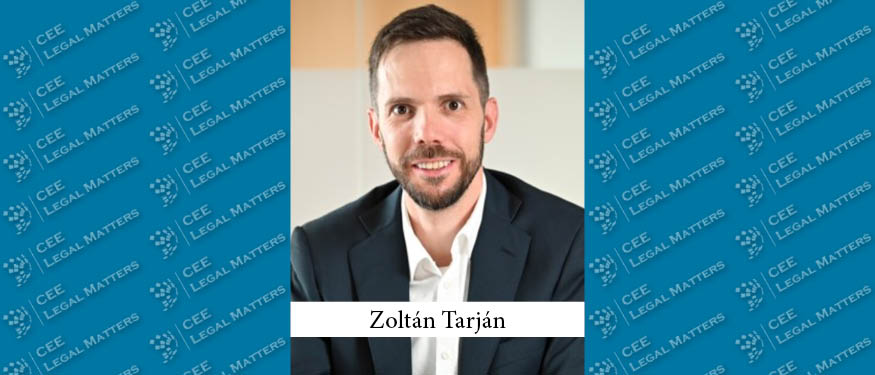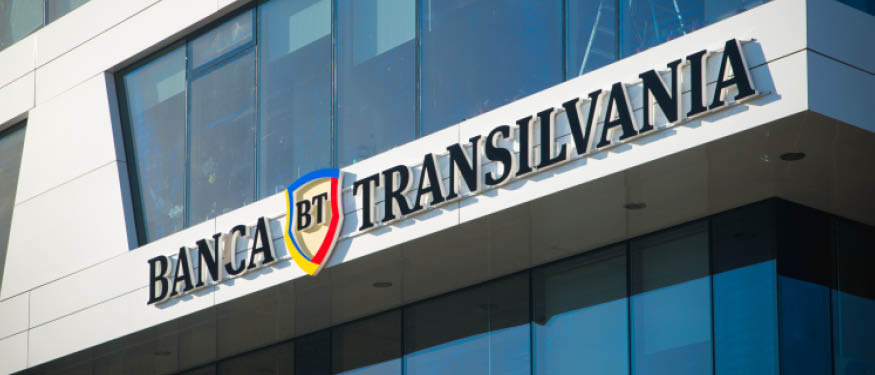With a new FDI regulatory framework and the National Plan for Resilience and Recovery all but in place, Romania is well prepared for the second part of 2022, which could include a swarm of businesses relocating from Ukraine and Russia, according to RTPR Partner Alina Stavaru.
“It’s very nice to see the headlines no longer being dominated by the COVID-19 pandemic or protests against restrictive measures,” Stavaru begins. “But, what came in place instead is equally horrific – the war in Ukraine and its fallout.”
Stavaru says that the war has spurred much movement on the market, with inflation “hitting double digits” and “prices soaring across sectors. On the other hand, this could still be an opportunity for Romania.” With many businesses seeking to relocate from Ukraine and Russia, Stavaru believes that Romania — being both an EU and a NATO country — could very well be the place they go to. “I do expect to see many relocation projects coming this way as the year goes on. In fact, a couple of years ago I predicted the same might happen in terms of businesses relocating from China in light of the pandemic – and we did see quite a few projects being generated by it.”
Speaking about legislative updates, Stavaru highlights the newly ushered framework for regulating FDI. “The new FDI framework, already a few weeks old, is a brand new piece of legislation pushed from the EU — with an aim to impose higher scrutiny on non-EU controlled investments,” she says. However, secondary legislation is still to follow in Romania, and Stavaru expects the new framework to generate a lot of work. “Aside from the fact that this is a whole new set of regulatory clearances that lawyers will have to work on now, the framework is also quite broad. I expect there to be an avalanche of filings for clearances coming from this, which could slow transactions down and cause delays,” Stavaru explains.
Finally, Stavaru provides an update on Romania’s National Plan for Recovery and Resilience. “Various sectors of the economy are sought to be propped up following the effects of the pandemic, but I am most excited to see the EUR 400 million budget for funding PE and VC funds,” she says. “I expect this to create a lot of opportunities for existing investment funds as well as to have it trickle down to the SME sector.” While approved by the European Commission, the plan itself has yet to be “outlined by the government – it is still a work in progress,” Stavaru concludes.

















